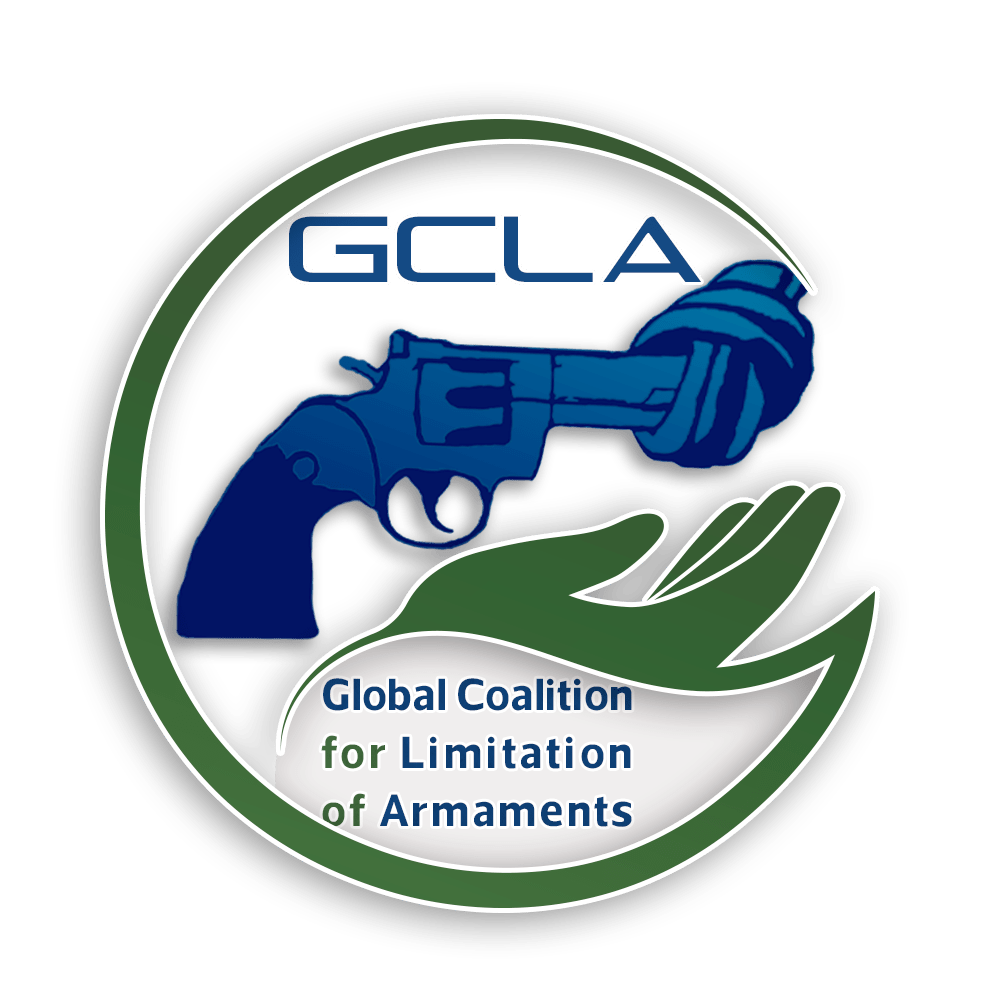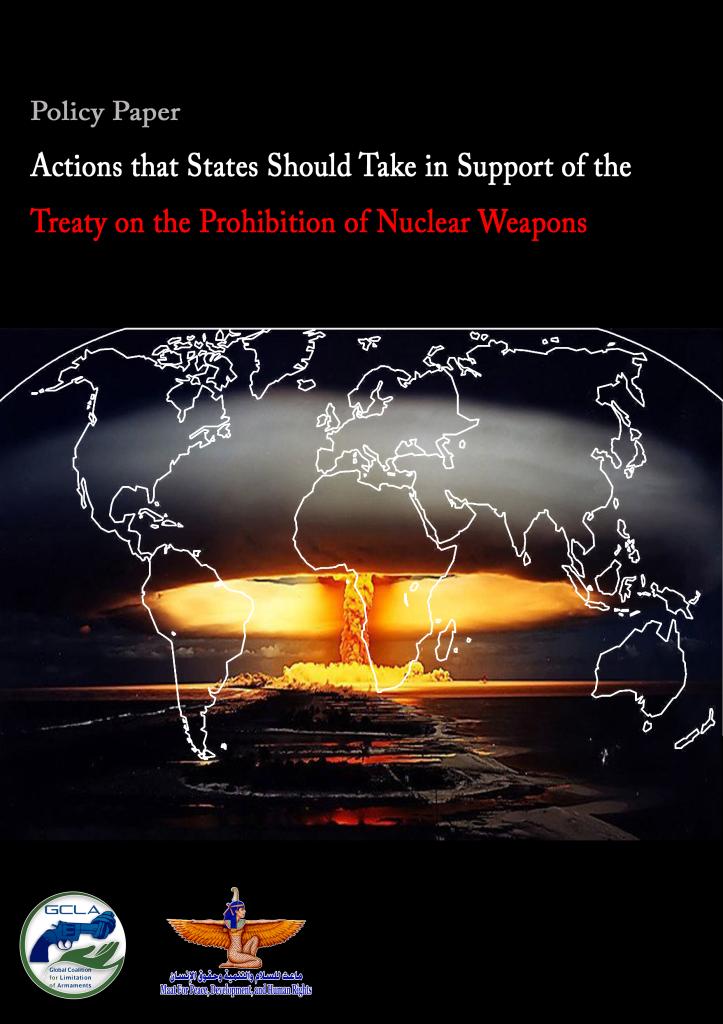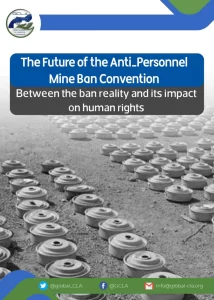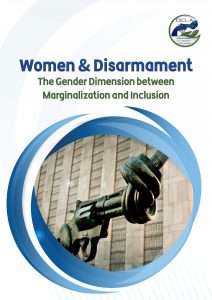Permeable
The acquisition and proliferation of nuclear weapons is at the center of the world’s attention because it is closely linked to international peace and security. This means that the continued increase of the number of States having the expertise, skills, means, and capabilities that help them produce nuclear energy whether for peaceful applications, military purposes, or both, entails huge risks for the future of international peace and security.
Hence, the international community represented by the UN and its member states has given the highest priority to reducing and eventually eliminating nuclear weapons. The dangers of such weapons arise from their very existence. Despite the several bilateral and plurilateral treaties and arrangements to reduce or eliminate certain categories of nuclear weapons, this issue has been of major concern for the UN since the 1960s. Disarmament-related treaties and conventions are considered the best protection against nuclear weapons dangers and they offer good opportunities for limiting the use of these weapons to peaceful endeavors under the slogan “clean nuclear energy for construction, not for killing and destruction”. Despite the importance of this humanitarian objective, achieving this goal has been a tremendously difficult challenge.
Based on this, this joint paper presented by Maat for Peace, Development and Human Rights and the GCLA discusses the importance of nuclear disarmament through the efforts of the UN and its member states, as well as the major obstacles facing it. This paper also addresses some of the risks that nuclear weapons pose to the environment, and also attempts to put forward policies that could be a step in the field of nuclear disarmament.





